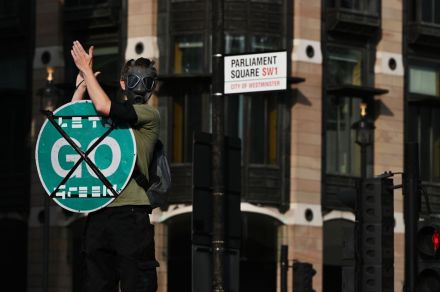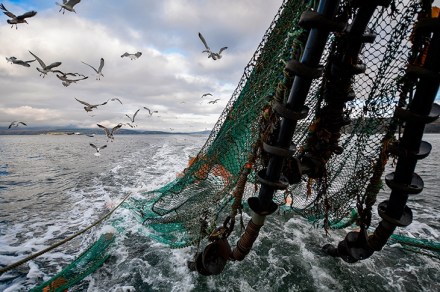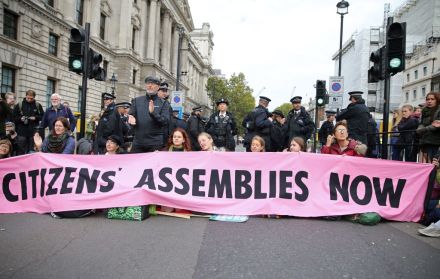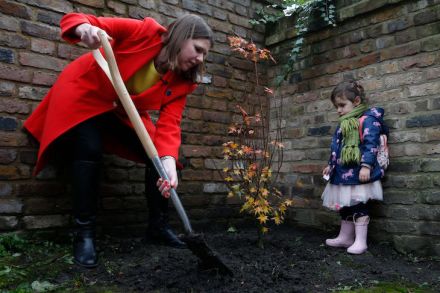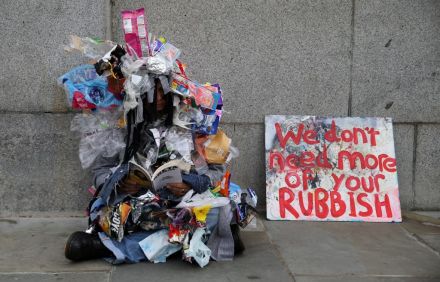The strange truth about Japan’s climate change target
Japan has just raised its target for reducing carbon emissions from 26 per cent to 46 per cent (by 2030 from 2013 levels). But how was this figure arrived at, environment minister Shinjiro Koizumi was asked? Through a careful analysis of the threat and a realistic assessment of what could be achieved, taking all relevant factors into consideration? Well, er no, according to Koizumi, the number 46 just appeared to him in ‘silhouette’ in a sort of vision. Shinjiro Koizumi, son of former prime minister Junichiro Koizumi, made the comments in an interview with the TV station TBS last weekend. The interviewer, despite her face mask, was clearly stunned by










